Near Mount Kenya 300 km north of Nairobi, the Samburu and Turkana women joined to found Tumai, a village forbidden to men, except for boys until 16, which marks their coming of age. This village, officially established as a women's association in 2002, was born from the difficulties encountered by women who have undergone genital mutilation, forced marriages, repudiations or rape. One of the main causes of women’s oppression in Kenya is the cleavage that still governs the division of roles between the two sexes - a tradition that mainly prevails in rural areas where women are the backbone of societies in they are responsible for all domestic chores and most of the agricultural work.
As a pioneer, Rebecca Lolosoli founded Umoja in 1990, the first women's village in the region. Other villages have developed since then, including Tumai in 2002. Beatrice Chili Lenamunyi, the founder of Tumai (which means “hope of life” in Samburu) spent a few years in Umoja before creating her own village community.
These communities are unique, women have learned to be self-sufficient and have become totally independent. This is very important in Kenyan deeply-rooted patriarchal society, where women have few rights. The Samburu men of the region believe that these new villages disturb! For example, women have banned the practice of female circumcision of which they have themselves been victims. Kenyan law has criminalized acts of genital mutilation since 2011, but in the Samburu community, more than two-thirds of women continue to be victims of such practices.
Most of the women in Tumai have had a complicated past. All of them must put an end to their personal history before entering the village. Naliapou, the dean, was repudiated by her husband who married a much younger woman. These villages are a blessing, an ideal refuge.
Although officially Christian, their spirituality perpetuates the animist beliefs of their ethnic groups. “May the rain bring joy and abundance. May nature lavish its wealth on us.” Once a month, they practice the ceremony of songs to the spirits. They pour goat milk into the sacred river, and sing to reconcile the spirits of nature, bring rain and safeguard the village cattle.
Getting prepared for the chanting to the spirits ceremony, they put on their finest pearl jewelry and smear their faces with red earth mixed with animal fat.
Since 2007, during the riots related to the presidential elections, tourism has dropped considerably in Kenya. Tumai is regularly the target of looting livestock from neighboring tribes, due to tension between the Turkana and the Samburu.
During the drought of 2003, many people in the region lost all of their cows. A cow is very expensive. The women of the village now own herds of goats, and have built around their huts fortifications made of acacia branches. The goal being to protect the animals, and themselves, from nocturnal visits, by inquisitive hyenas, pilfering lions but above all men intent on driving them out of the village.
They regularly go to Archers Post, a town 5 miles away, to shop for food, pearls to create new jewelry and crafts. Sometimes tourists stop by to buy their creations. The revenue is distributed as follows: the woman who created the object gets 90% of the sum collected during the sales while the remaining 10% is allocated to the community fund in order to finance health care or secondary studies for children.
Namarai creates pearl jewelry, hoping to sell it to the few tourists who come to Samburu National Reserve. These sales are part of their scarce income. Since 2008, following the post-election violence, the number of tourists has fallen considerably.
The Tumai women's community has established a 100% participatory democracy. Selling a hen, buying cotton fabrics from Archers Post, sending the children to school ... all decisions that engage all the inhabitants are submitted, after debates and during a general assembly, to a majority vote by raised hand.
There is so much courage emanating from these women who have gained total autonomy, and these handful of villages that have emerged are such an extraordinary achievement! All the more so in a country where the weight of traditions is heavy ... Among the Samburu, they hold no rights. They can’t own anything and are considered man’s property. Most men do not accept this independence, which is achieved to the detriment of traditional rules.
Tumai’s women, who live mainly from the sale of their crafts, have found themselves in a desperate situation since the December 2007 riots. Tourists have been scared off by the unstable situation of the country. Without them there isn’t any money or food.
Between 1970 and 2003, the UN recorded more than 2,000 complaints for rapes perpetrated by the British military on Samburu and Maasai women. In December 2006, justice exonerated Her Majesty's army, despite hundreds of exhibits and witness statements gathered by British lawyer Martyn Day. Many women in the villages of the region suffered from this violence. Following this drama, some husbands, feeling dishonored, beat and threw their partner and their children into the streets.
These women are in no way against men. Carnal relationships with men are allowed, and they may well maintain a relationship and meet their partners in neighboring villages.
Chili, the village Chief fonded Tumai in 2001. She uses a mobile connected to the British military antenna located nearby.


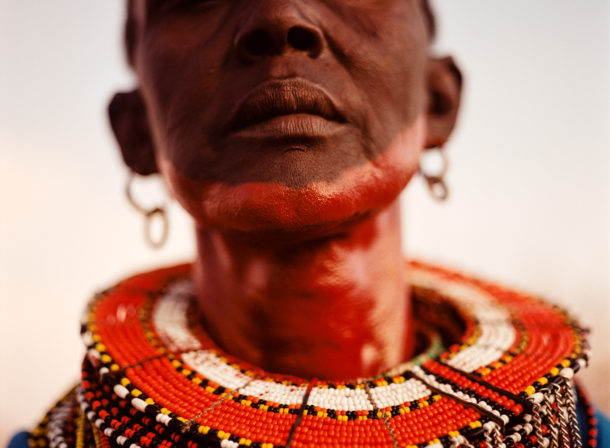
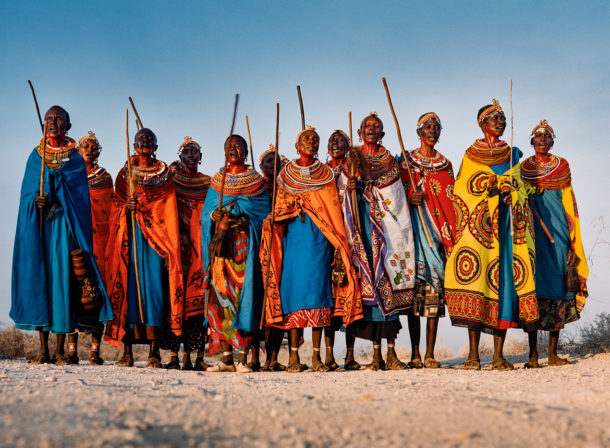
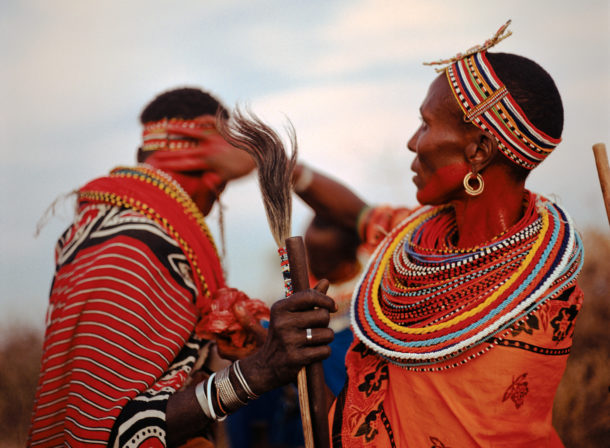
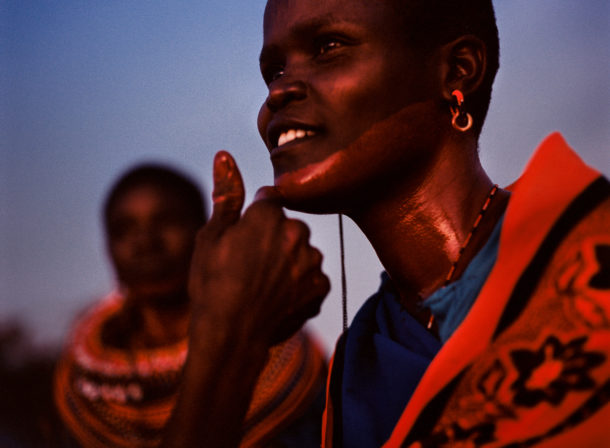
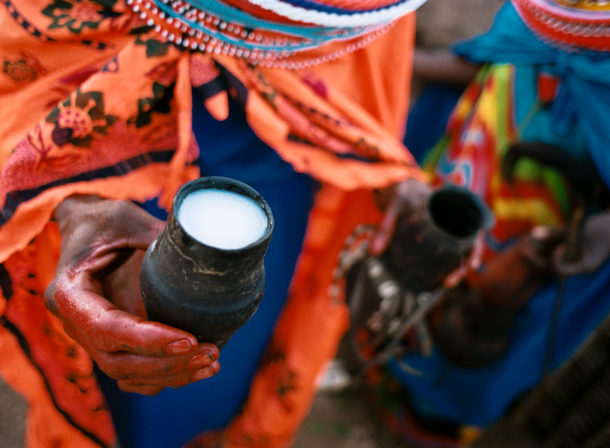

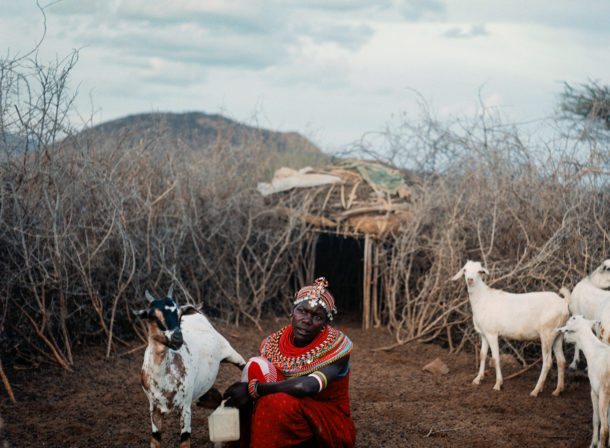
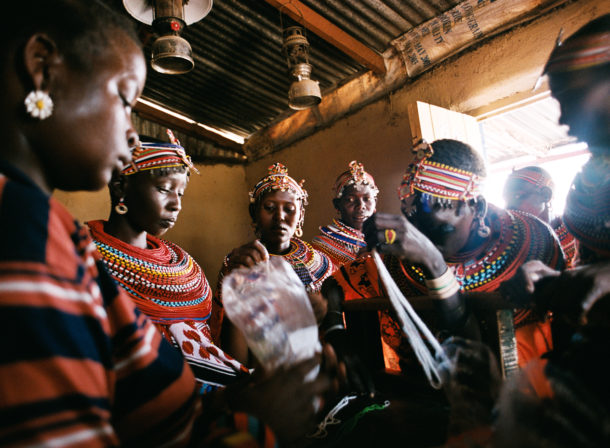
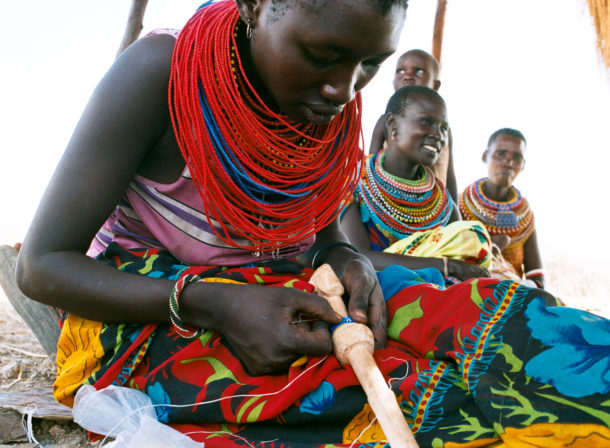
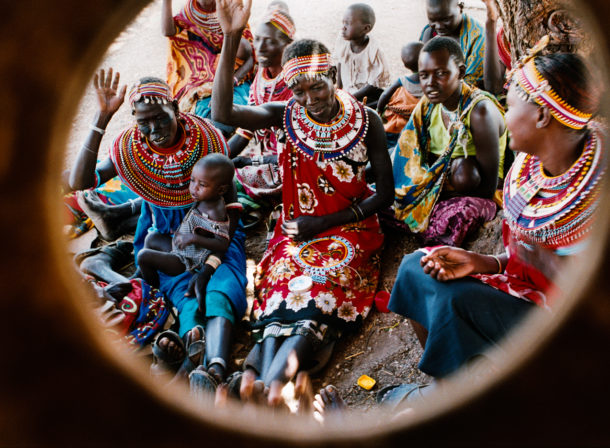
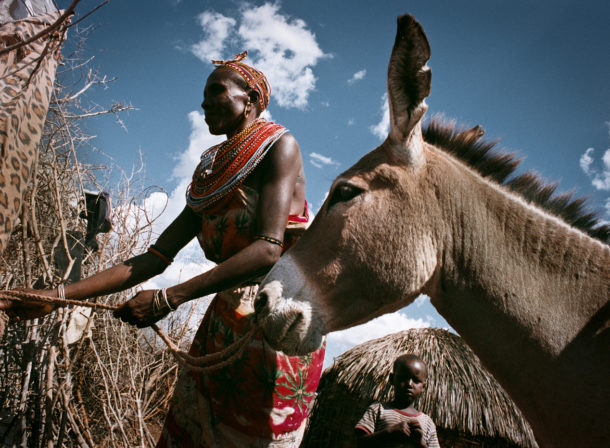
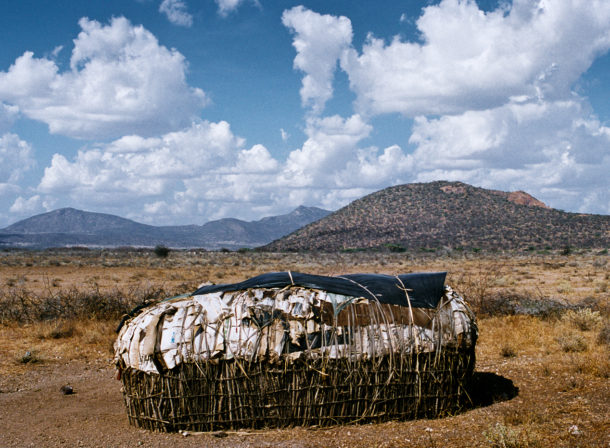
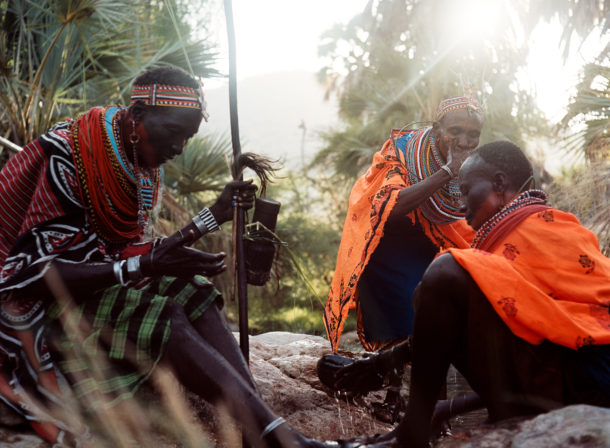
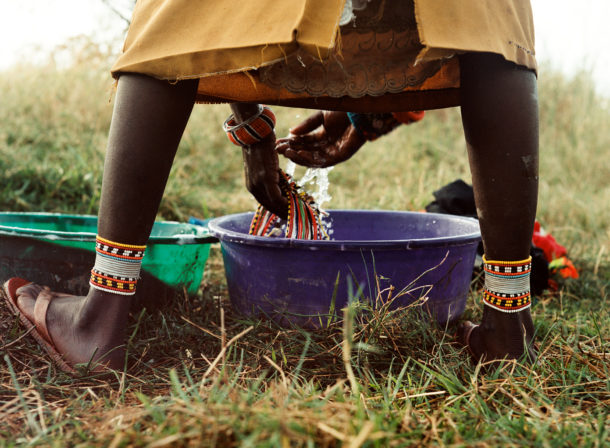
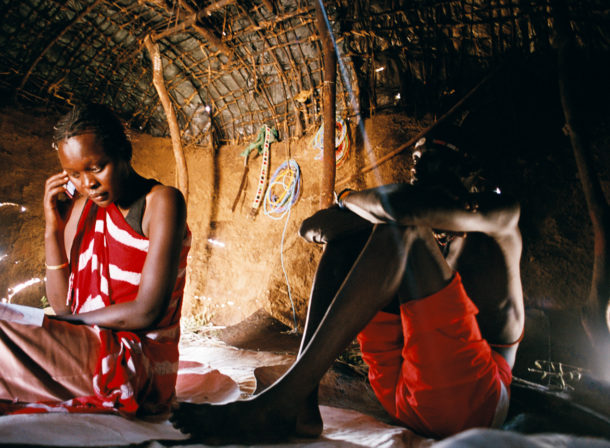
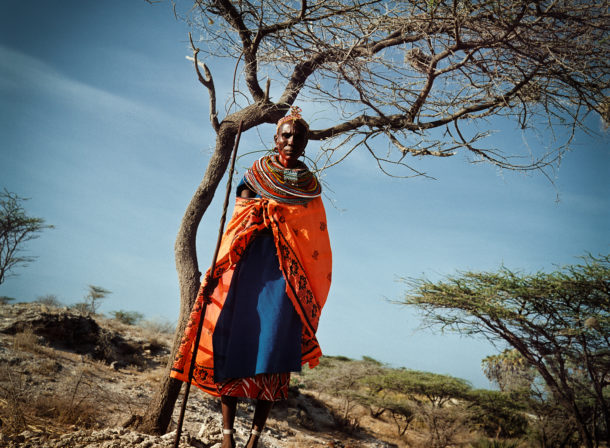
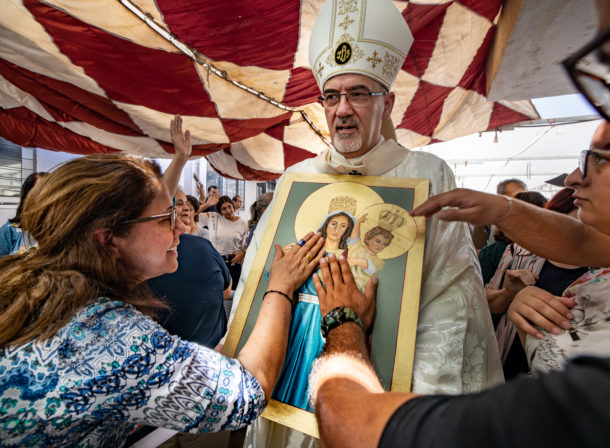



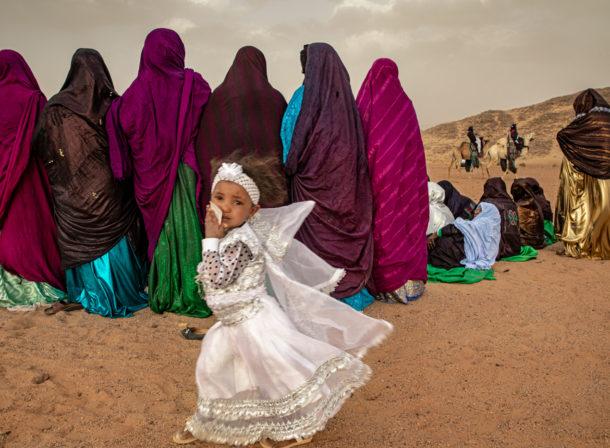
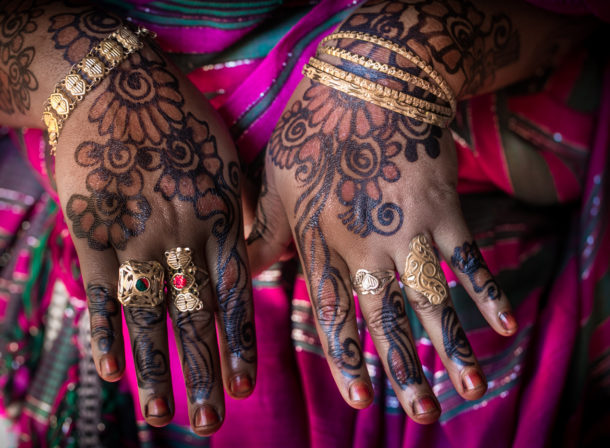
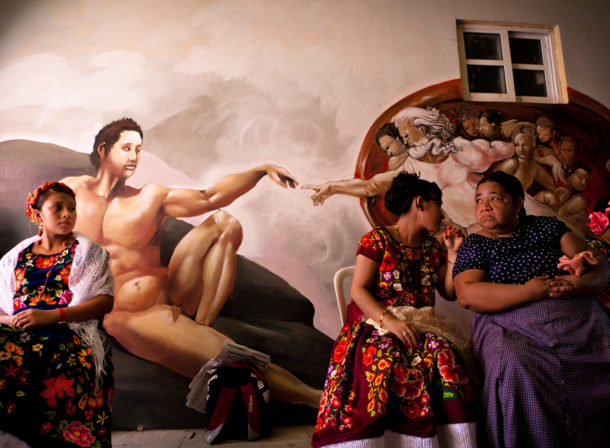

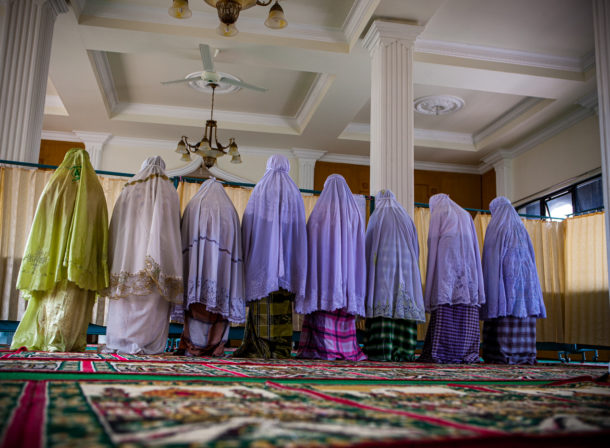
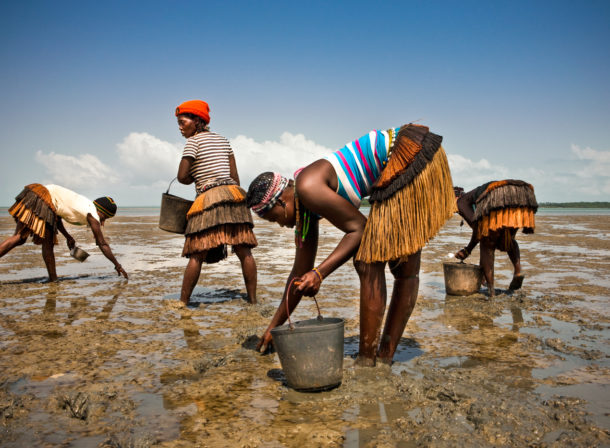
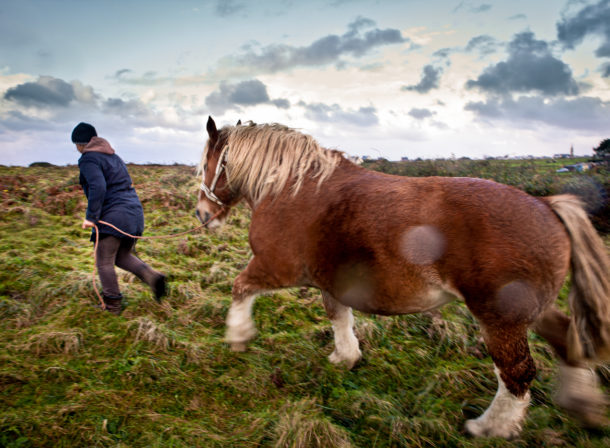
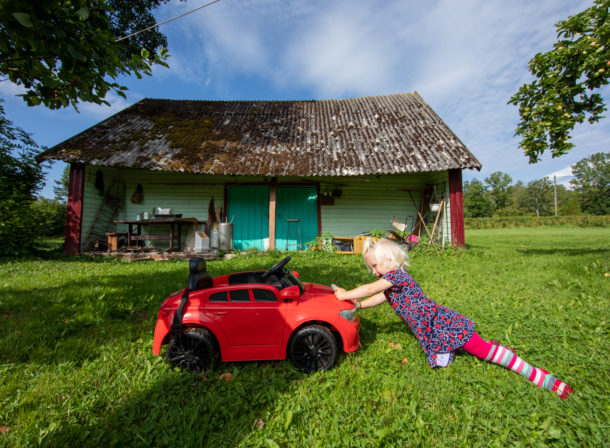

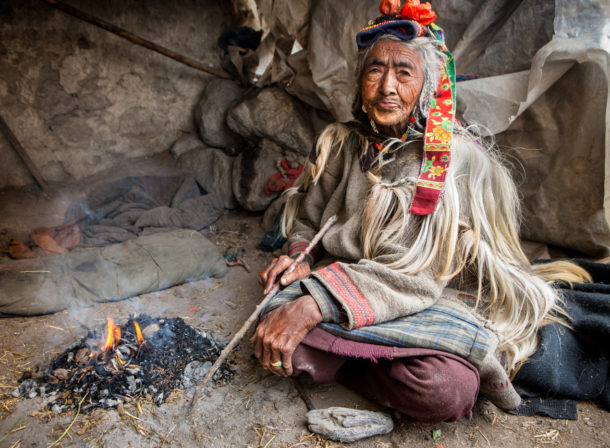


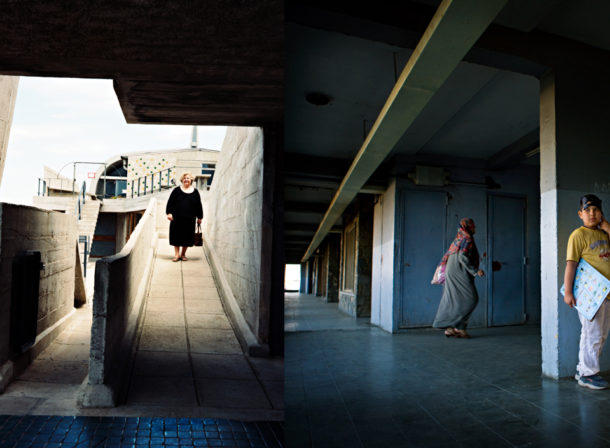

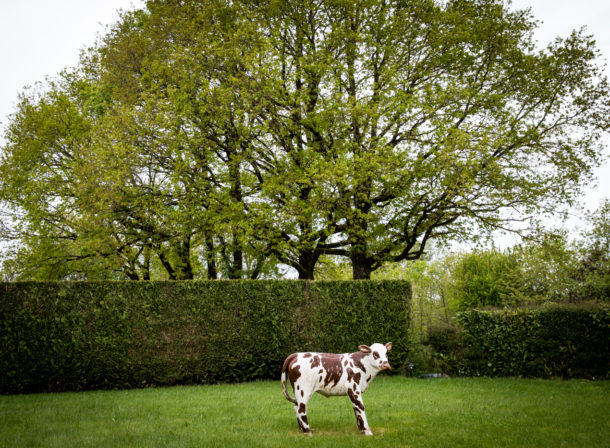
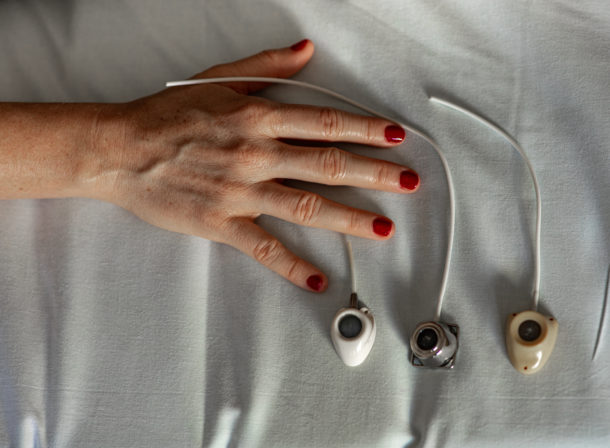







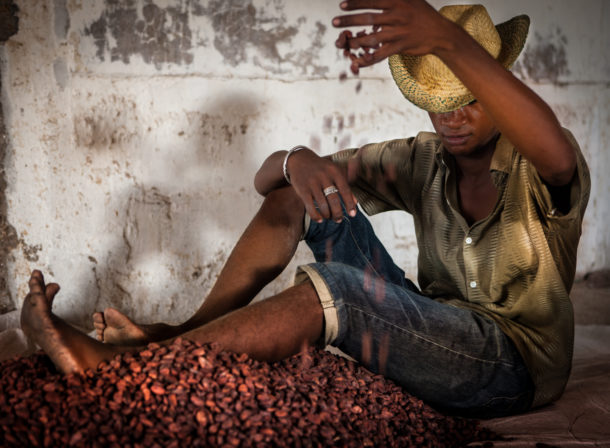

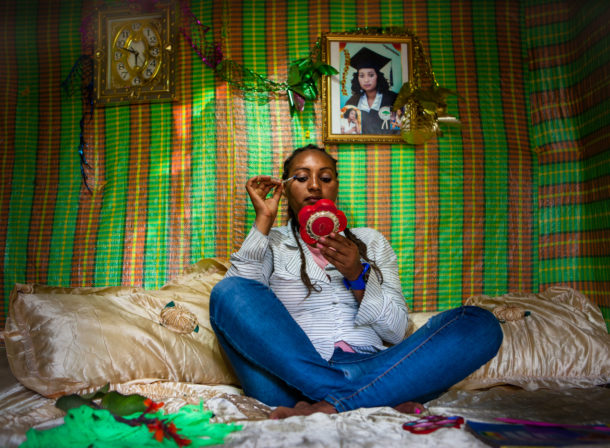

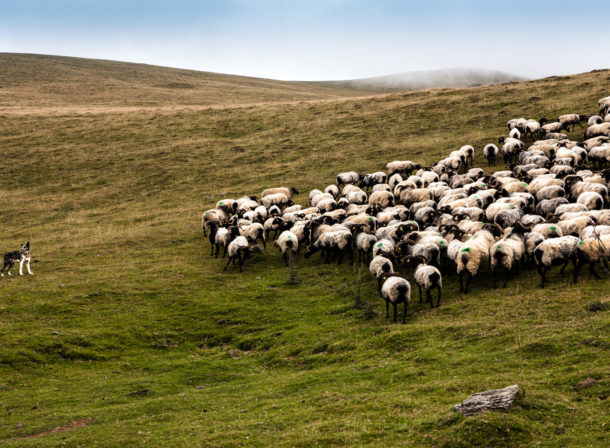
C’est un travail remarquable ; les photos sont exceptionnelles et les témoignages très enrichissants.